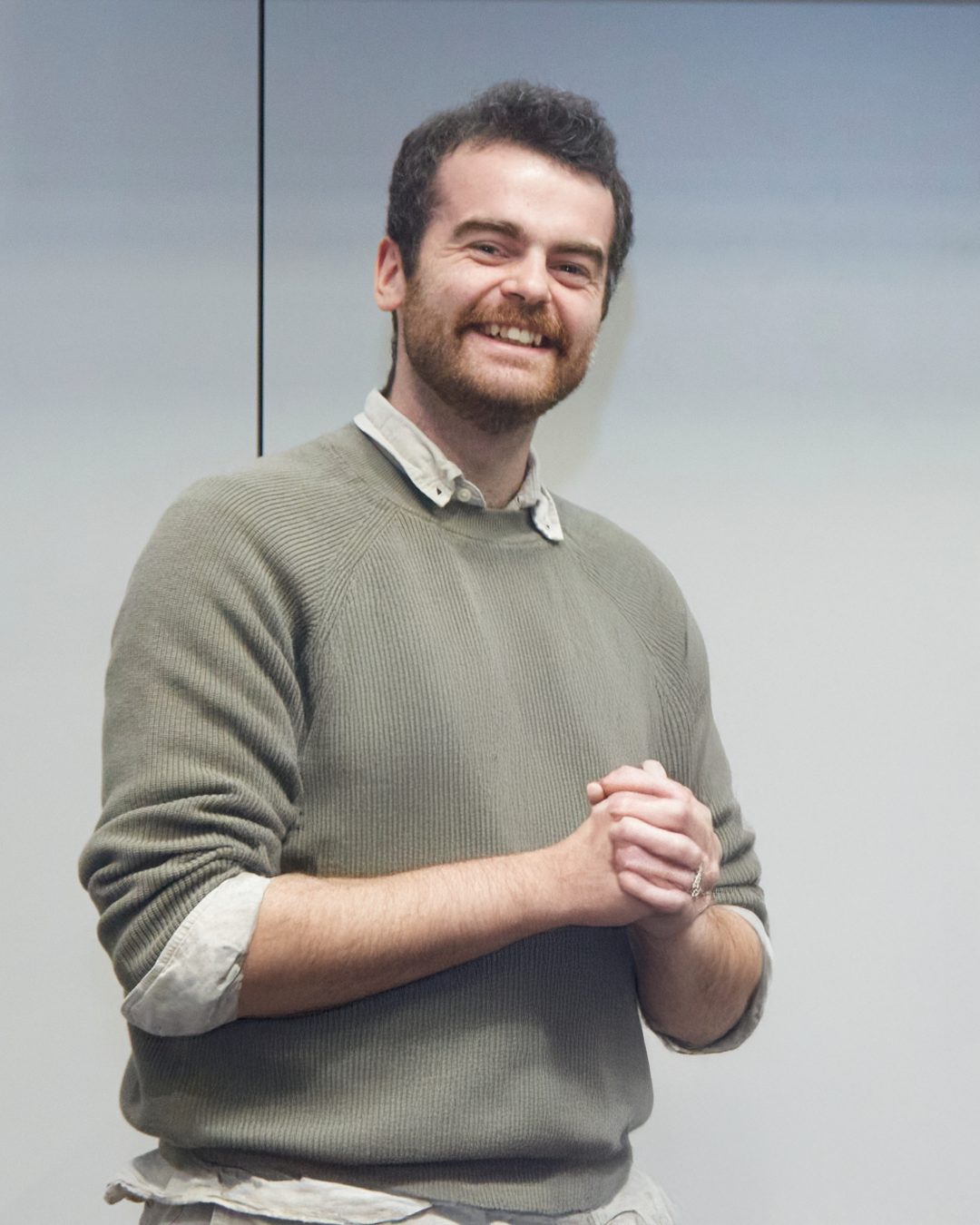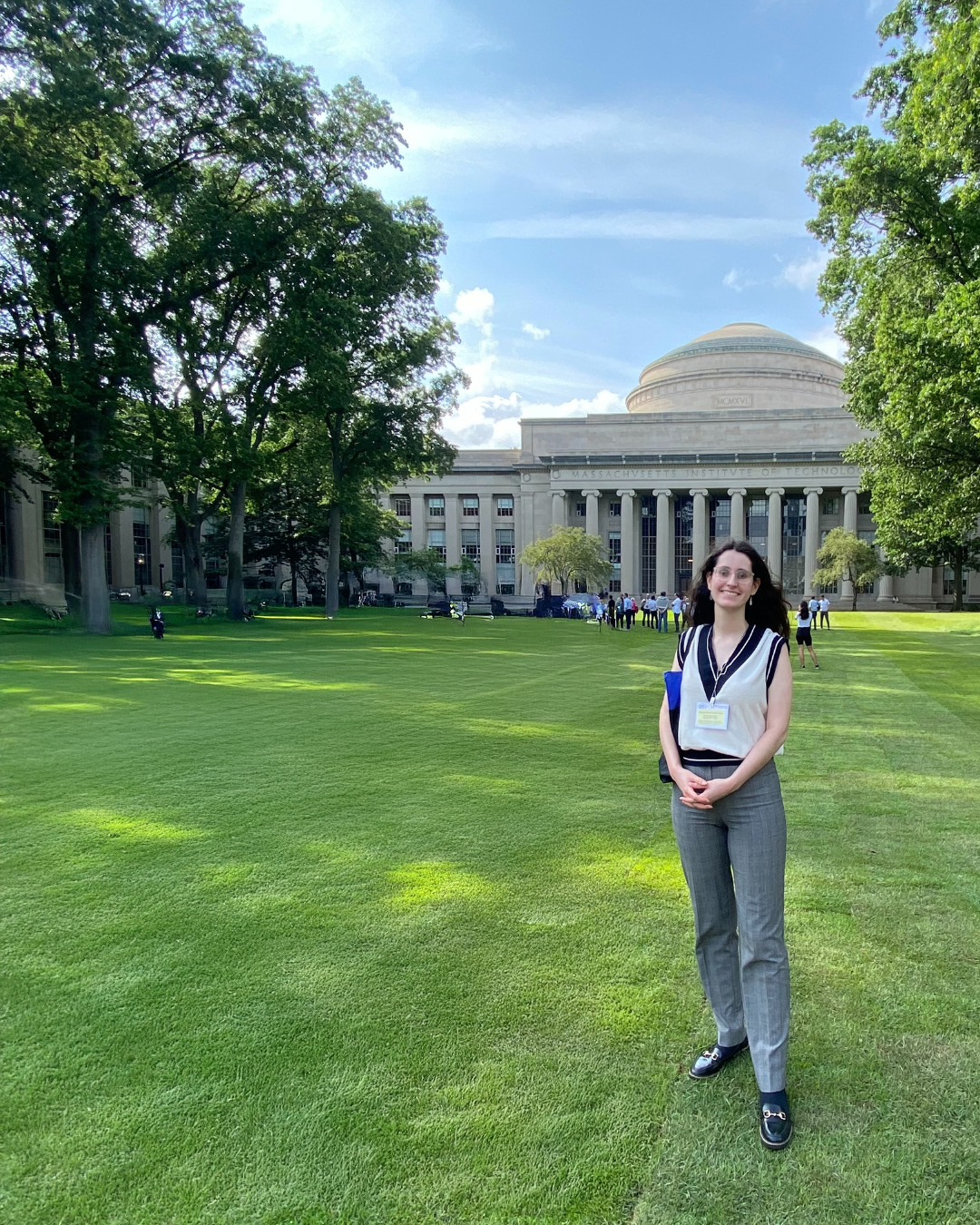Welcome to CEDAR
A Centre for Doctoral Training in cyber-physical systems for medicine development and manufacturing
Training the next generation of scientists is essential to accelerate the process of bringing innovative medicines to patients more quickly, in a cost-effective manner, and with a strong commitment to sustainability. This approach not only enhances the efficiency of drug development but also ensures that new treatments are accessible and environmentally responsible.
Are you a STEM student looking for your next career move?
We're seeking PhD candidates who are passionate about shaping the future of medicines manufacturing.
Applicants with a background in chemistry, physics, pharmaceutical sciences, materials science, chemical engineering, mechanical engineering, electrical engineering, computer science, data science, or related fields are invited to take on our exciting PhD opportunities.
Why choose CMAC?
Top research institutions – Based at the University of Strathclyde, with opportunities at Leeds, Sheffield, and Imperial College London.
World-class training and technologies – Access to state-of-the-art processing and digital technologies, including AI, robotics, and augmented reality.
Industry experience – Gain hands-on experience through placements with leading pharmaceutical companies, including AstraZeneca, Chiesi, Eli Lilly, Pfizer, Roche, Sanofi, Takeda and UCB.
Global networking – Present your research at international events and build connections across academia and industry.
What is CEDAR?
CEDAR is a programme funded by an EPSRC Centre for Doctoral Training (CDT) in cyber-physical systems for medicines manufacturing.
Developed in collaboration with CMAC’s industry partners, CEDAR aims to train the next generation of leaders in sustainable medicines manufacturing and is focused on three research themes:
Molecule-to-material design and manufacture
Particle to product design and manufacture
Product design to patient
This PhD programme will train researchers to transform the pharmaceutical and technology sectors by equipping them with multidisciplinary skills to accelerate the development of new medicines—faster, more sustainably, and cost-effectively.
With a collaborative, cohort-based approach spanning multiple institutions, CEDAR will equip students to tackle the challenges of bringing life-saving drugs to patients while driving innovation in pharmaceutical manufacturing.
Research challenges
While each student focuses on their individual project, you will also collaborate within a team to tackle a shared research challenge. These Research Challenge Teams (RCTs) consist of cross-disciplinary groups of students, academics, and industry partners. Designed to foster innovation and creativity, RCTs ensure a rich exchange of ideas and expertise.
When applying, you will be asked to select your project preference from the research challenges below.
-
Self-Driving Laboratory for Optimisation of Nanomedicines
Impact of polymorphism on solid lipid nanoparticle drug inclusion, release profile, and efficacy in cancer models.
Autonomous Potency Bench: Closed-Loop Formulation Screening and In Vitro Testing for Nanomedicine Efficacy.
Self-Driving Organ-on-a-Chip for Cancer Nanomedicine Testing.
-
Scale-down for miniaturisation of crystallisation screening data factory (CSDFmini)
Crystallisation Meets Wet Milling: Data-Driven Design for Perfect Particles
Digital screening platform for assessment and control of heterogeneous nucleation
Integrating Data- and Model-Driven Kinetics: Autonomous Operation of Synthesis and Crystallisation Processes
Cyber-physical system connecting drug - impurity interactions and their impact on nucleation kinetics and crystallisation outcome
Screening, scale up and monitoring of multicomponent crystallisation.
-
Accelerating structural relaxation in amorphous solids through pressure-treatment.
Amorphous Screening DataFactory for Co-amorphous materials.
Deep Learning Models for Dissolution Dynamics of Amorphous Formulations in Patient-Specific Gastrointestinal Geometry.
Miniaturised CPS enabled experimental apparatus to understand drug dissolution under biorelevant conditions.
Data-Driven Amorphous and Co-Amorphous API-Excipient Compatibility DataFactory.
Enabling rapid data-driven model development of co-amorphous medicines manufacturing.
Your first year is dedicated entirely to training, allowing you to develop strong technical skills before beginning your three-year research project. You’ll join a supportive cohort, building both expertise and connections that will support you throughout your PhD.
Last year, we launched our 2024 CEDAR Research Challenge Teams!
Since then, our cohort has been working in cross-disciplinary teams on research projects cantered around shared themes, fostering innovation and creativity. Bringing together students, academics, and industry partners, these teams continue to drive collaboration and exchange expertise.
How to apply
Applications are reviewed on a rolling basis while projects remain available. Please check the 2026 Project outlines page for up-to-date project availability.
Complete the online form: Click the “apply now” button to fill out the application form directly online.
Prefer working offline? Download the template, fill it out, and copy your answers into the online form before submitting. If you need this form in a different format or require support completing it, please contact skills@cmac.ac.uk.
No CVs: CVs WILL NOT be accepted. Ensure all required information is entered in the form.
Next steps
We will update you on the status of your application within one month of the application closing date. Please note that the CEDAR team can issue conditional offers. However, if you are successful, you will need to apply through the University’s system before receiving an unconditional offer letter. The CEDAR team will inform you of this requirement.
We encourage you to apply as soon as possible to gain access to a broader selection of projects.
Read about how we process your data by reading our Privacy Notice.
Funding and eligibility
The studentships cover home tuition fees, research/training costs, and provide a monthly stipend for 4 years (minimum annual stipend of £20,780, tax-free).
Part-time opportunities may be available, please contact the Skills team for more information.
Entry requirements:
A minimum of a 2:1 Honours degree (or international equivalent) in chemical engineering, chemistry, computer science, data science, electrical engineering, materials science, mechanical engineering, pharmaceutical sciences, physics, or a relevant science or engineering discipline.
An MSc is desirable.
For international students whose first language is not English, an IELTS score of 6.5 (with no less than 5.5 in any element) is required.
Eligibility:
UK nationals, Irish nationals, applicants with settled or pre-settled status under the EU Settlement Scheme, and those with indefinite leave to remain in the UK are eligible for home fees.
Please note that we are not currently accepting International applications. This is due to UKRI regulations, which limit the number of awards available to International candidates. We anticipate that a future round of recruitment may include opportunities for International candidates, and we will update this page with further information once details are confirmed.
Testimonials
FAQs
-
Part-time study may be available for applicants who are unable to join the programme full-time. If you would like to explore how part-time arrangements might apply to a specific project, we encourage you to contact us (link skills mailbox) to explore further.
-
At the moment, we are unable to accept international applicants. We hope to open applications to international students in the next round, from 5th December 2025 to 30th January 2026. Please check back at this time or follow us on LinkedIn for updates.
-
Yes, when filling in the application form you have the option to select multiple projects across multiple Research Challenge Teams.
-
Yes, you are encouraged to contact supervisors to learn more about the research projects and the practicalities of undertaking a PhD. If you have questions about the application process, please contact the Skills team.
-
During your first year, you will be trained by experts across each of the partner institutes during residential training weeks at the Universities of Leeds, Sheffield, Strathclyde, and Imperial College London. This training is then consolidated in the dynamic and collaborative CPS Living Lab Team projects, where you work with your peers to design and implement your own cyber-physical system for medicines manufacturing research. You'll gain systems-thinking skills and a deep understanding of the evolving medicines landscape, digital transformation, and sustainability; plus a strong foundation in transferable skills. All training, travel, and placement costs are fully covered. If this doesn’t sound like the programme for you, please check the CMAC website for other PhD opportunities.










